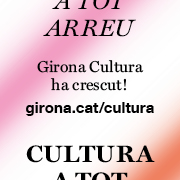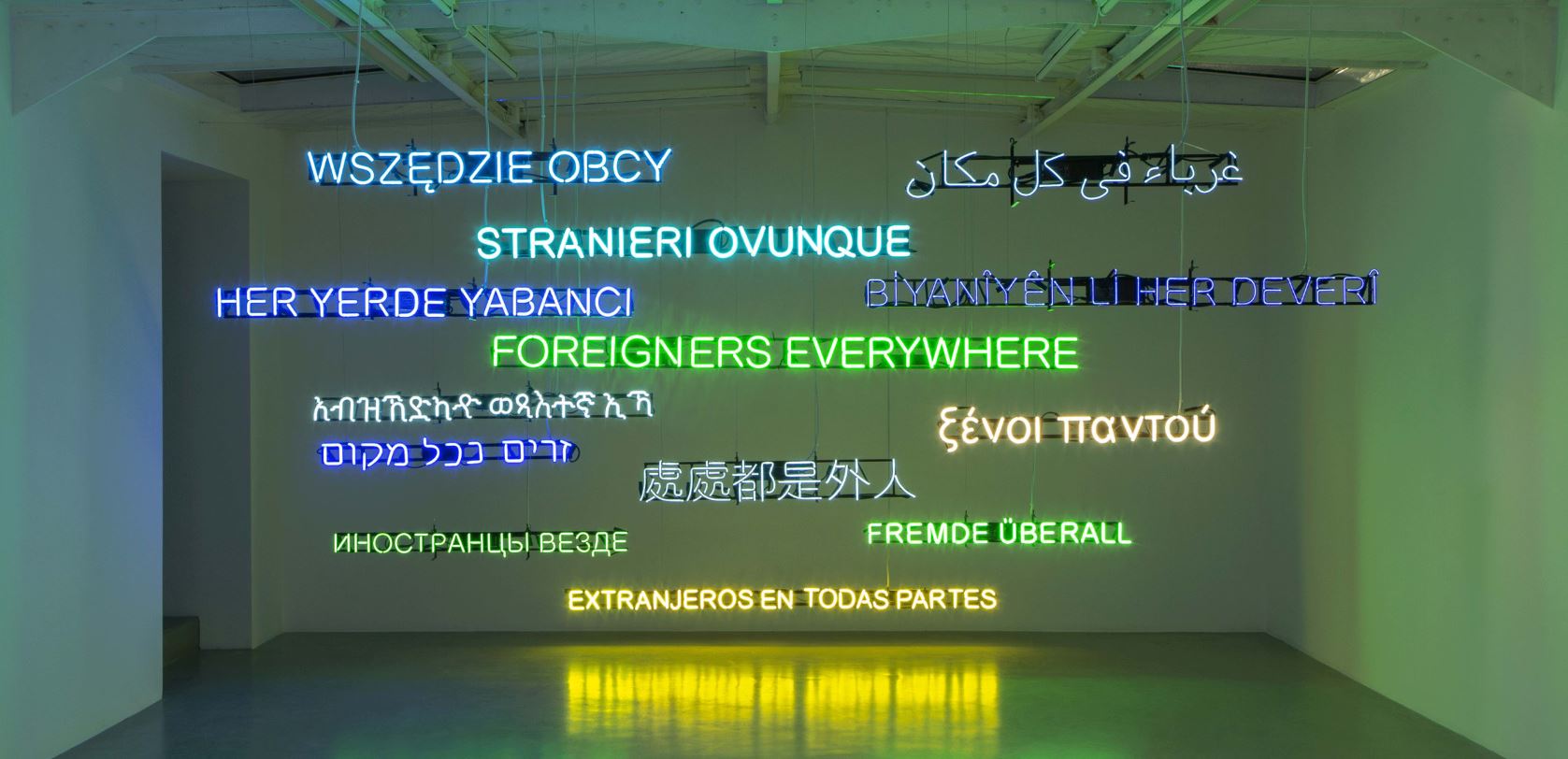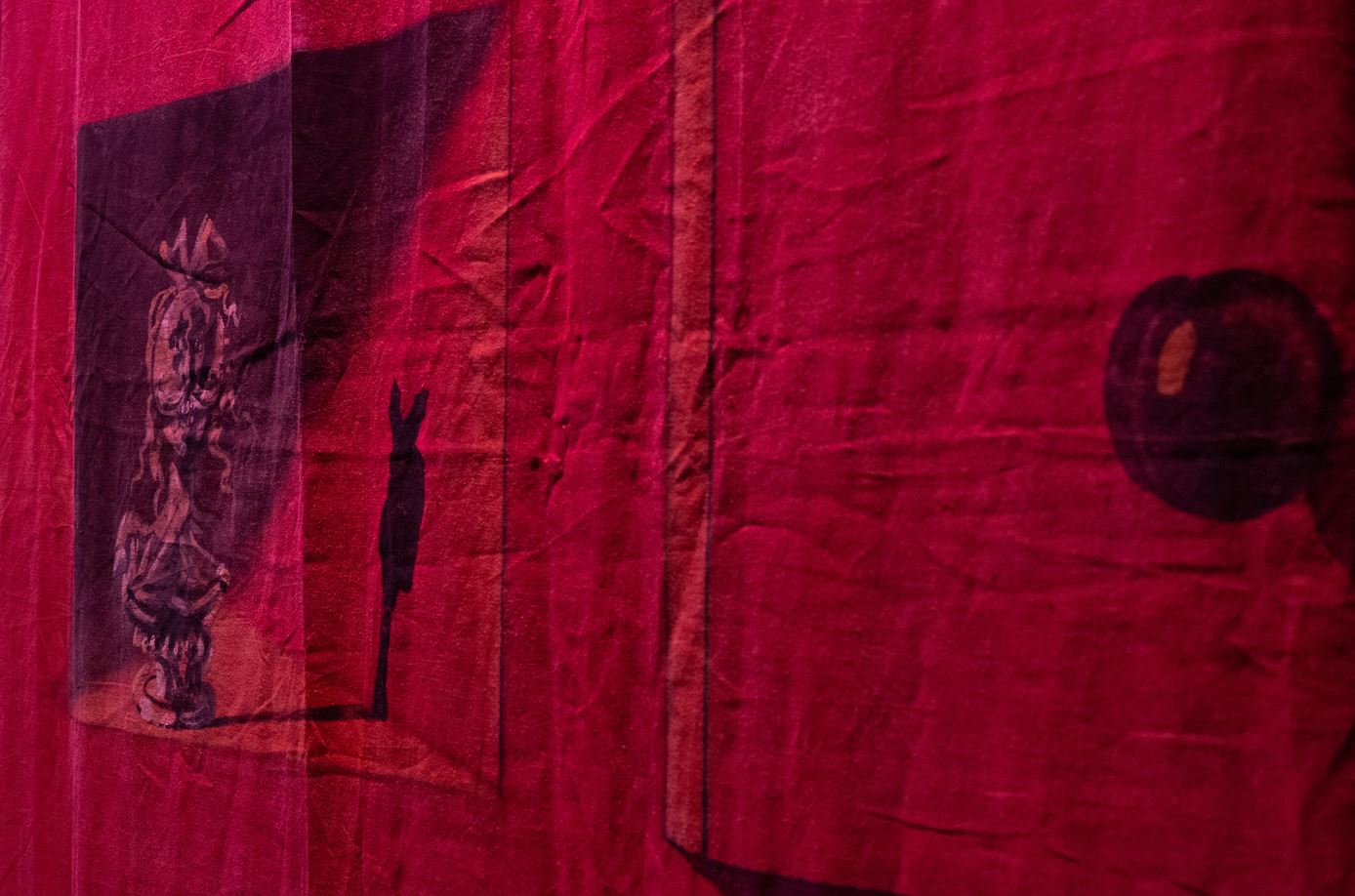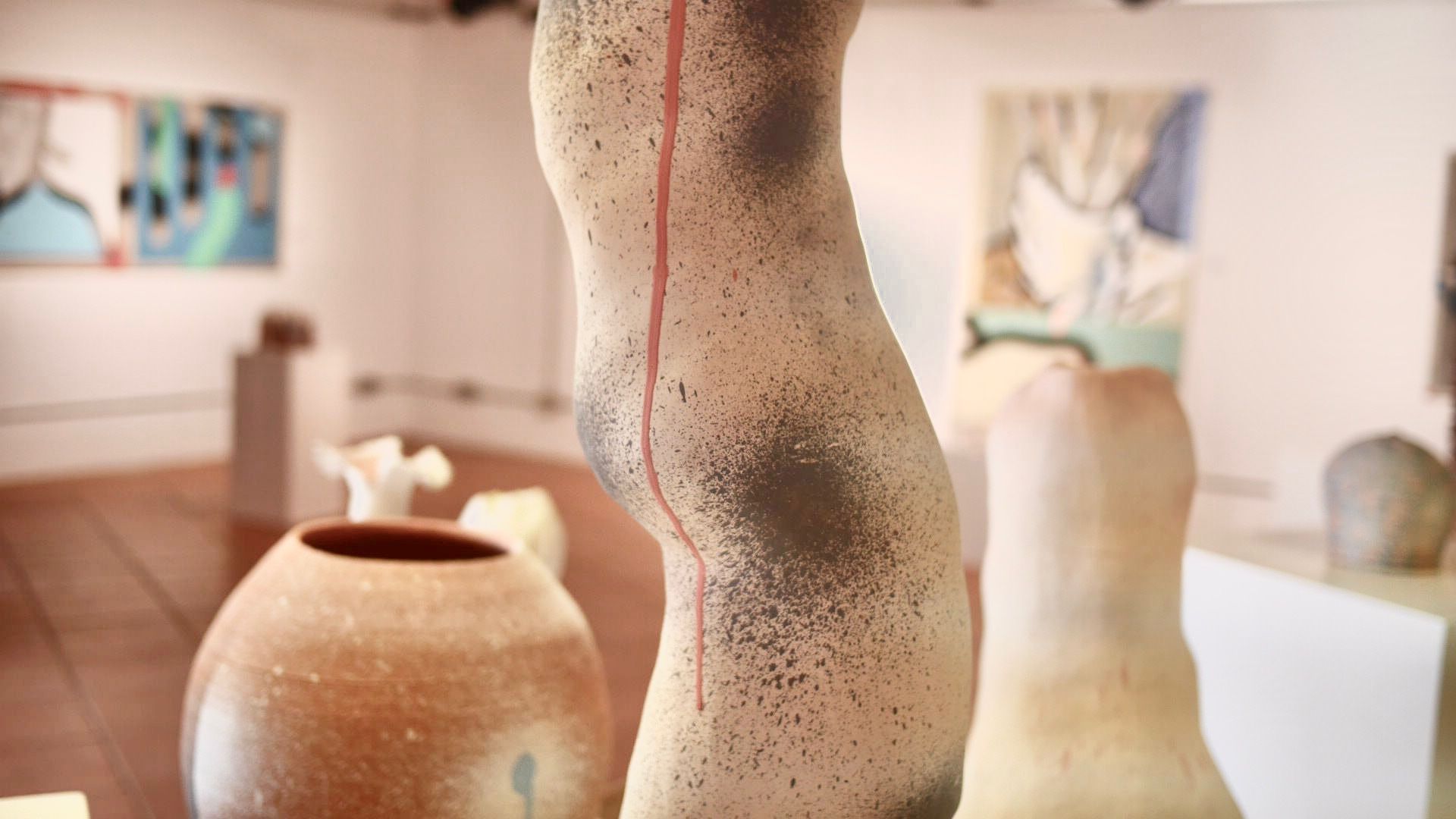reports
Jose Maria Nunes
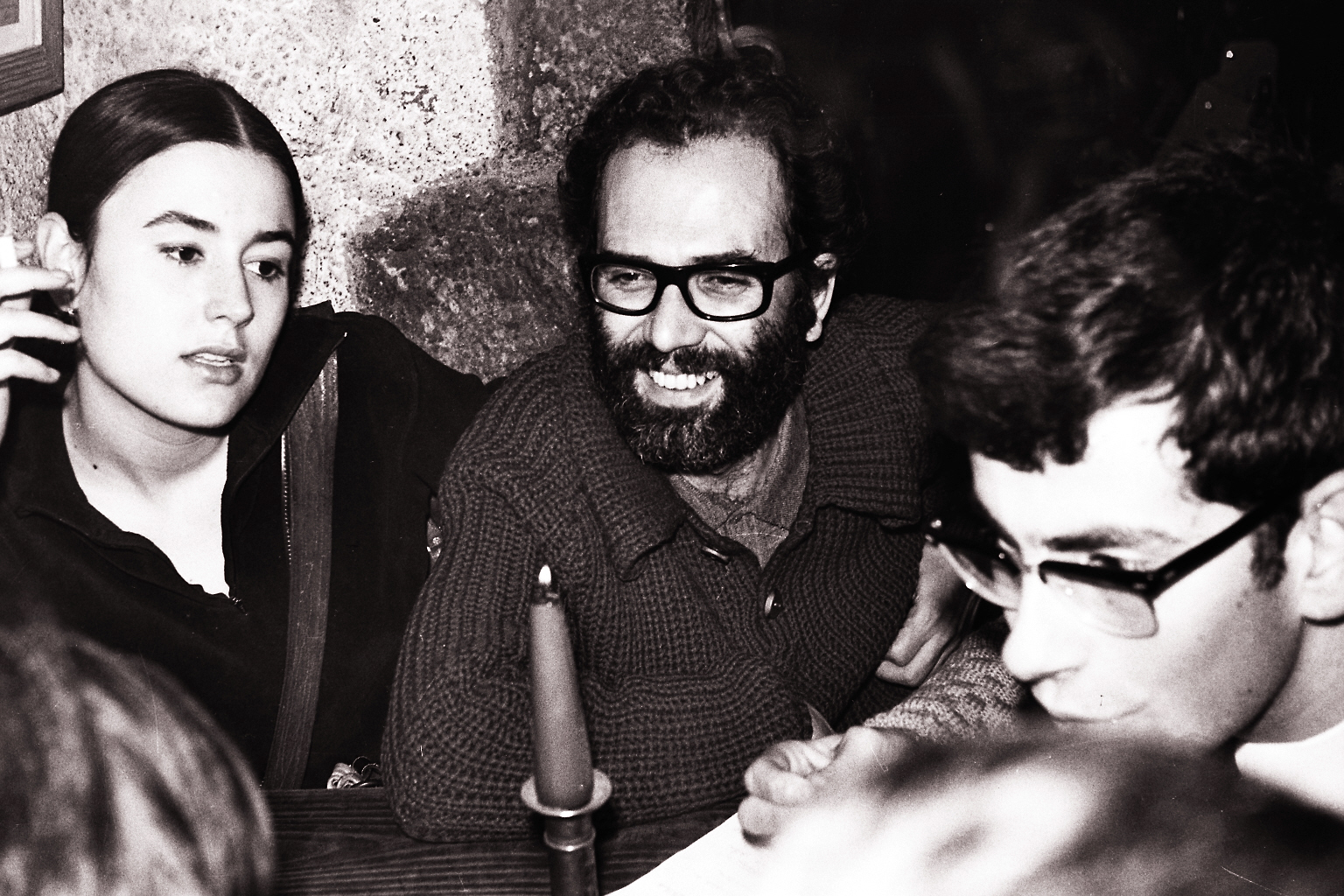
José María Nunes (Faro, Algarve, 1930 – Barcelona, 2010), who defined himself as having an anarchist ideology, arrived in Seville with his family at the age of 12, and later moved to Barcelona, where he lived in one of the shantytowns of Montjuïc. In the early fifties he entered the world of cinema doing all kinds of jobs, until in 1957 he achieved his first film as a director, Mañana, a work of episodes that is a poetic creation with which he builds an innovative language that is not at all common at the time, endowed with an air of novelty.
But his most emblematic title is Noche de vino tinto (1966), with Serena Vergano and Enrique Irazoqui (who had played Jesus in Pasolini's The Gospel According to Saint Matthew two years earlier). A compendium of the cinema of the sixties, about the solitude and surroundings of the Barcelona Gothic Quarter, with a very simple language and outside of any conventionalism. It was recognized by Alain Resnais and Jean-Luc Godard as a culturally outstanding and key work within the Barcelona school, although the author considered himself independent. When I interviewed him on the occasion of the premiere of his next film, Biotaxia (1967), which, despite having the actress Nuria Espert as the protagonist and Gaudí's Barcelona in the background, is still a much smaller work in relation to the previous one, I reminded him that when he was criticizing his key film, he cited, as a summary, what I considered the three phases of the film: prologue - "spirits in solitude" -, first act - "night of red wine" - and epilogue - "solitude after night" -, a fact that he admitted as a possibility of an "a posteriori" approach, while also telling me: "I believe that worthwhile cinema will never cease to be an essay, I believe that cinema has not been discovered and we must do everything we can to contribute something to this evolution of a possible cinema that will never be discovered, since it is constantly alive; I believe that the work must always be an essay".
Vindicative and transgressive, in his last film, Res publica (2009), he continued with his experimental and cursed anarchic spirit (a man explains the reasons for his long-meditated suicide). With José María Nunes, an emblematic character to remember, we close the references to the Barcelona school, a school that brought a new and disruptive air to Catalan cinema, despite its shortcomings and its gratuitous informalism.



